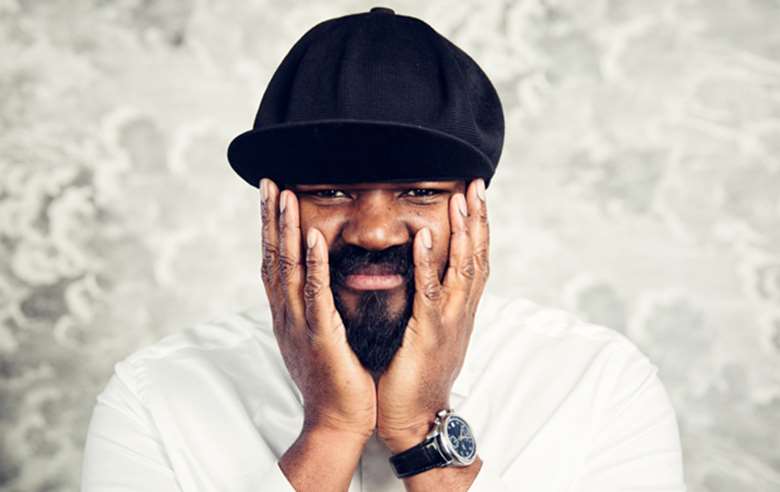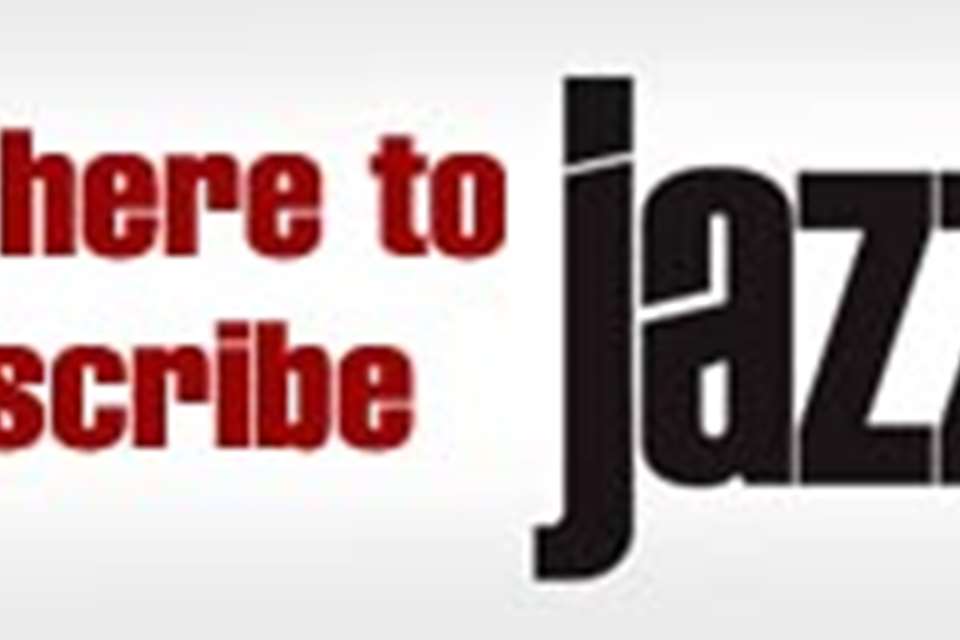Gregory Porter
Kevin Le Gendre
Appearances on British prime time television music and chat shows such as Later With Jools Holland and Graham Norton have given the kind of exposure to mass audiences that the bulk of Gregory Porter's peers can only dream of

Without a doubt singer-composer Gregory Porter has been one of the most visible jazz artists in the mainstream in the past decade. Appearances on British prime time television music and chat shows such as Later With Jools Holland and Graham Norton have given the kind of exposure to mass audiences that the bulk of his peers can only dream of. However, it would be wrong to apply the cliché of the ‘overnight sensation’ to the singer from Bakersfield, California.
Porter spent many long years both scraping a living and honing his craft by way of both Off-Broadway productions and small venues such as St. Nick’s pub in Harlem. He could have remained one of the countless number of musicians who are ‘neighbourhood’ heroes but Porter was fortunate enough to find a producer in Kamau Kenyatta who was fully convinced of his talent and a very simpatico creative foil in pianist Chip Crawford. Together they were able to make 2010’s Water, one of the best debuts of the first decade of the second millennium.
While Porter’s voice was the kind of majestic, gospel-infused baritone that brought to mind the likes of Leon Thomas and Joe Williams he also captured the imagination through his original songs such as the rousing, socially conscious ‘1960 what?’ as well as readings of standards like ‘Skylark’ and ‘Feeling Good.’
In other words he was very much ‘in the tradition’, setting his voice against a familiarly rich acoustic canvas, but he brought his own strong personality to bear on his work, restating the primacy of the church – his mother was a highly respected minister – in both black culture and politics. Furthermore, Porter was a dynamic stage performer, and his ‘breakout’ shows at the Pizza Express in Soho, central London were a major factor in his rise to prominence.
Inevitably he would leave the small, New York-based independent label Motema and sign to Blue Note, whose parent company Universal provided the requisite marketing muscle to take his career to the next level. Porter’s 2014 debut for the historic imprint, Liquid Spirit and its follow-up Take Me To The Alley were both high quality pieces of work in which new Porter songs such as ‘Musical Genocide’ found favour with a rapidly growing audience.
In addition to his capacity for hard work – he spends large parts of the year on the road – Porter has made some astute choices, collaborating with electronic dance act Disclosure to create ‘Holding On’, a monster hit for the Ibiza club scene, as well as recently recording a tribute album to one of his idols Nat ‘King’ Cole [Nat King ‘Cole’ And Me].
Porter now occupies an important berth in contemporary music, a Grammy winning jazz singer with serious credentials who nonetheless has enough of a common touch to sell out many prestigious venues such as the Royal Albert Hall.
